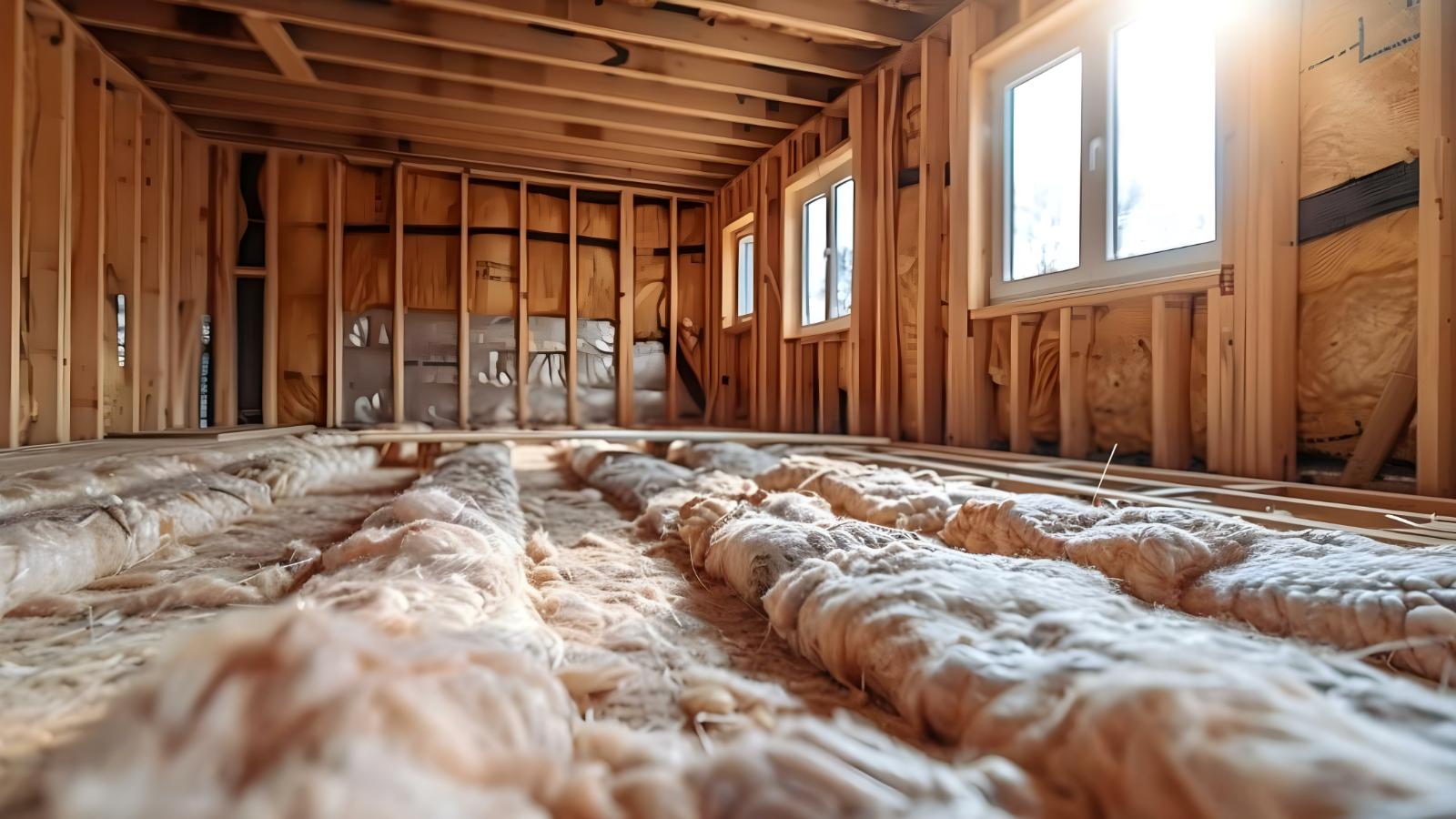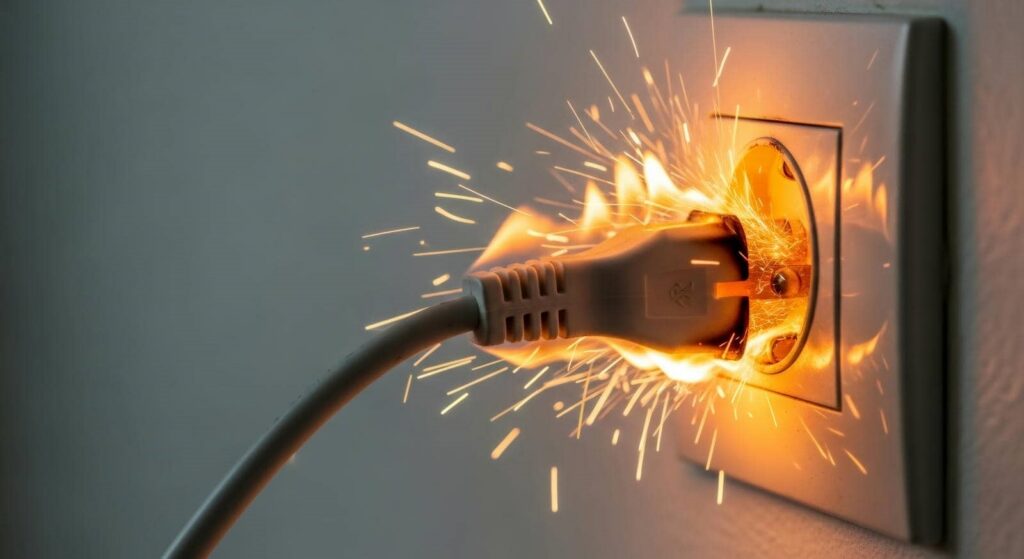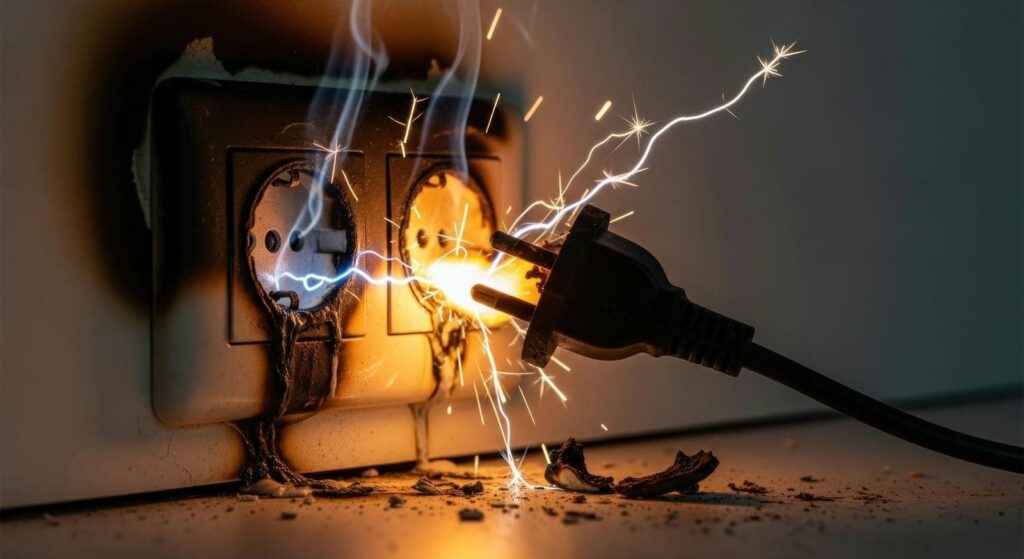Contents
You may think your home is already comfortable without proper insulation, but have you considered the potential hidden discomforts lurking within your walls? Imagine a scenario where your home’s temperature fluctuates sporadically, leading to uncomfortable chills in winter and unbearable heat in summer. However, there is more to the importance of insulation than just maintaining a cozy atmosphere. Want to discover how proper insulation can transform your living space into the epitome of comfort and tranquility?
Key Takeaways
- Proper insulation maintains consistent indoor temperatures.
- Insulation reduces energy costs and consumption.
- Enhances comfort by minimizing heat loss/gain.
- Improves soundproofing and noise reduction.
- Supports better health outcomes and indoor air quality.
Importance of Proper Insulation
Proper insulation is vital for maintaining a comfortable and energy-efficient home environment. When it comes to selecting insulation materials, there are several options available. Fiberglass insulation is a popular choice due to its affordability and effectiveness in reducing heat transfer. Another common material is cellulose, which is made from recycled paper and is environmentally friendly. Spray foam insulation provides a tight seal and is great for filling gaps and crevices. Each material has its unique properties, so it’s important to choose one that suits your specific needs.
The installation process is important for ensuring the insulation performs at its best. Proper installation involves accurately measuring and cutting the insulation material to fit the designated area. It’s crucial to seal any gaps or seams to prevent air leakage, which can have a significant impact on the insulation’s effectiveness.
Installing insulation in attics, walls, and floors can be a DIY project for those with experience, but hiring a professional is recommended for complex installations or if you’re unsure about the process.
Energy Efficiency and Savings
When it comes to energy efficiency and savings, proper insulation plays a critical role in reducing energy consumption and costs.
By insulating your home effectively, you can maintain a comfortable indoor temperature without overworking your heating or cooling systems.
This leads to significant energy savings over time, making insulation a smart investment for your comfort and wallet.
Energy Savings Impact
Improving insulation in your home can greatly impact energy efficiency and result in substantial savings on your utility bills. Proper insulation provides various benefits, such as maintaining consistent indoor temperatures, reducing energy consumption, and enhancing overall comfort. One of the key advantages of investing in quality insulation is its cost-effectiveness in the long run. By minimizing heat loss during colder months and heat gain during warmer months, you can notably decrease your heating and cooling costs throughout the year.
To illustrate the energy savings impact of insulation, consider the following table:
| Insulation Type | Average Cost (per sq. ft.) | Estimated Energy Savings (%) |
|---|---|---|
| Fiberglass | $1.00 | 10-30 |
| Spray Foam | $1.50 | 20-50 |
| Cellulose | $1.25 | 15-35 |
| Reflective Insulation | $1.20 | 10-25 |
| Rigid Board | $2.00 | 25-40 |
Investing in proper insulation improves energy efficiency and leads to substantial savings over time, making it a wise choice for homeowners looking to enhance their comfort and reduce utility expenses.
Efficiency Through Insulation
Improving your home’s insulation can greatly enhance energy efficiency, leading to noticeable cost savings on your monthly utility bills. When considering insulation types, it’s important to evaluate factors like the R-value, which measures thermal resistance, and the material’s effectiveness in reducing heat transfer.
Common insulation types include fiberglass, cellulose, spray foam, and rigid foam boards, each with its unique benefits and installation methods.
Proper installation plays a significant role in maximizing insulation effectiveness. Ensuring a tight seal and proper coverage can prevent air leaks and maintain consistent indoor temperatures. Regular insulation maintenance is necessary to address wear and tear, moisture issues, and pest damage that can compromise its efficiency over time.
Upgrading insulation in key areas like attics, walls, and floors can further improve energy efficiency and reduce heating and cooling costs.
Temperature Regulation and Comfort
To achieve ideal temperature regulation and comfort in your home, proper insulation plays a vital role. Insulation enhances energy efficiency benefits and helps maintain consistent indoor temperatures throughout the year.
Energy Efficiency Benefits
Improving energy efficiency through proper insulation plays an essential role in maintaining ideal temperature regulation and comfort within your home. By utilizing high-quality insulation materials and ensuring a meticulous installation process, you can greatly enhance the energy efficiency of your living space. Insulation materials such as fiberglass, cellulose, and foam boards are commonly used to reduce heat transfer and prevent air leakage, thereby creating a more comfortable indoor environment.
To illustrate the impact of energy-efficient insulation, consider the following table:
| Insulation Material | Energy Efficiency Rating |
|---|---|
| Fiberglass | High |
| Cellulose | Medium |
| Foam Boards | High |
Each of these materials, when correctly installed, can contribute to maintaining consistent temperatures, reducing energy bills, and enhancing overall comfort. Proper insulation not only keeps your home warm in winter and cool in summer but also minimizes the strain on your heating and cooling systems, promoting a more environmentally friendly and cost-effective living environment.
Consistent Indoor Temperatures
When it comes to maintaining a comfortable indoor environment, consistent temperatures play an essential role in ensuring your home remains a haven of comfort and relaxation. Achieving consistent indoor temperatures not only enhances thermal comfort but also contributes to lower energy consumption. Proper insulation helps regulate temperatures by minimizing heat transfer through walls, ceilings, and floors. By reducing heat loss during colder months and heat gain during warmer months, insulation helps maintain a stable and pleasant indoor climate year-round.
Consistent indoor temperatures are important for creating a cozy atmosphere where you can unwind and enjoy your living space without experiencing drastic fluctuations in temperature. This stability not only promotes physical comfort but also positively impacts your mental well-being.
Additionally, by keeping temperatures steady, you can reduce the need for constant adjustments to your thermostat, leading to lower energy bills and decreased energy consumption over time.
Enhanced Living Conditions
Maintaining ideal temperature levels in your living space is essential for ensuring comfort and enhancing your overall quality of life. Home insulation plays a vital role in regulating the temperature within your home, ultimately impacting your comfort levels.
Here’s why enhanced living conditions are directly linked to proper home insulation:
Consistent Comfort: Proper insulation helps maintain a consistent temperature throughout your home, ensuring that you’re comfortable in every room regardless of external weather conditions.
Energy Efficiency: Effective insulation reduces the need for constant heating or cooling, leading to lower energy consumption and decreased utility bills while still keeping your living space comfortable.
Noise Reduction: Insulation not only regulates temperature but also acts as a barrier against external noise, creating a quieter and more peaceful environment that further enhances your overall comfort.
Noise Reduction and Soundproofing
Improving the insulation in your home can greatly reduce noise infiltration and enhance soundproofing efficiency. When it comes to creating a peaceful and quiet living environment, proper insulation plays a critical role in minimizing unwanted sounds from entering or escaping your home.
Insulation materials with good sound absorption properties help to dampen noise levels by absorbing sound waves and preventing them from traveling through walls, floors, and ceilings.
Acoustical control is essential for maintaining privacy and reducing disturbances within your living space. By installing insulation specifically designed for soundproofing, you can create a barrier that blocks external noises such as traffic, neighbors, or loud outdoor activities.
Additionally, soundproof insulation can also prevent sounds generated inside your home, like conversations or media entertainment, from reaching other rooms or adjacent apartments.
Effective soundproofing through insulation can enhance the overall comfort and tranquility of your home. Whether you’re seeking a peaceful environment for relaxation, focused work, or quality sleep, investing in soundproofing materials can greatly improve your daily living experience.
Health Benefits of Insulation
Enhancing your home’s insulation can lead to significant health benefits for you and your family. Proper insulation plays a vital role in maintaining good indoor air quality, which is essential for overall health and well-being. Here are three ways in which improved insulation can positively impact your health:
Essential Allergens: By effectively sealing off your home from outdoor pollutants and allergens, quality insulation helps prevent these harmful particles from entering your living space. This can greatly reduce the risk of respiratory issues and allergies, promoting better health outcomes for you and your loved ones.
Key Temperature Regulation: Proper insulation helps in maintaining consistent indoor temperatures, which is crucial for avoiding conditions like heat stress or cold-related illnesses. By creating a comfortable environment, insulation supports your body’s natural ability to regulate its temperature, thereby reducing the chances of temperature-related health problems.
Moisture Management: Insulation acts as a barrier against moisture infiltration, preventing the growth of mold and mildew within your walls. Mold spores can negatively impact indoor air quality and trigger respiratory issues. By controlling moisture levels, insulation contributes to a healthier indoor environment, safeguarding your family’s respiratory health in the long run.
Investing in quality insulation enhances your home’s energy efficiency and provides invaluable health benefits by ensuring better indoor air quality.
Environmental Impact
Proper insulation in your home has a significant environmental impact, influencing energy consumption and sustainability. By effectively insulating your home, you contribute to reducing your carbon footprint and promoting eco-conscious living practices.
Insulation plays a vital role in conserving energy by minimizing heat loss in winter and heat gain in summer, resulting in lower energy requirements for heating and cooling.
Choosing eco-friendly insulation materials is essential to enhancing the environmental benefits of your home insulation. Materials such as recycled denim, cellulose, sheep’s wool, and cork provide excellent thermal resistance and support sustainability by utilizing recycled or renewable resources.
These environmentally friendly solutions help reduce the overall environmental impact of your home while maintaining high insulation performance.
Furthermore, proper insulation benefits the environment and improves indoor air quality by preventing moisture buildup and mold growth, creating a healthier living environment for you and your family.
Increased Property Value
Efficient insulation installation can greatly impact the value of your property, potentially increasing its market worth. Proper insulation offers numerous benefits that contribute to property appreciation and enhance the overall home value.
Consider the following points:
Property Appreciation: Insulation is a key factor that potential homebuyers consider when evaluating a property. A well-insulated home signals to buyers that the property is energy-efficient, well-maintained, and comfortable to live in. This positive impression can lead to increased interest in your property, ultimately driving up its market value.
Insulation ROI: Investing in quality insulation yields a high return on investment (ROI). The upfront cost of insulation installation can be recouped through energy savings, increased property value, and potential tax incentives. A well-insulated home not only saves you money on energy bills but also adds tangible value to your property.
Enhanced Home Value: Proper insulation enhances the overall value of your home by improving its energy efficiency, comfort levels, and sustainability. An adequately insulated property is more attractive to buyers, appraisers, and real estate agents, leading to a higher perceived value in the real estate market. By prioritizing insulation, you aren’t only enhancing your living experience but also boosting your property’s worth.
Long-Term Cost Savings
When evaluating the overall value of your property, it’s important to take into account the long-term cost savings associated with quality insulation. The benefits of proper insulation extend beyond mere comfort; they can lead to significant savings over time. By investing in high-quality insulation, you aren’t only enhancing the energy efficiency of your home but also safeguarding your finances in the long run.
Insulation benefits your home by reducing the amount of heat transfer that occurs through walls, floors, and ceilings. This means that during the colder months, your heating system doesn’t have to work as hard to maintain a comfortable temperature, leading to lower energy bills. Similarly, in the warmer months, effective insulation helps keep the cool air inside, again reducing the strain on your cooling systems and ultimately saving you money.
When viewed as a home investment, insulation pays for itself through these cost savings. The initial expense of installing quality insulation is outweighed by the consistent reduction in energy costs that you’ll experience over the years. Additionally, proper insulation can also contribute to the longevity of your HVAC systems by reducing their workload, further decreasing maintenance and repair expenses.
Summary
Adequate insulation is crucial for home comfort because it enhances energy efficiency, regulates indoor temperatures, reduces noise, and promotes overall well-being.
Investing in quality insulation materials can improve your home’s comfort and livability while reaping long-term cost savings and increased property value.
So, make sure your home is properly insulated to create a comfortable and environmentally friendly living environment for years to come.




